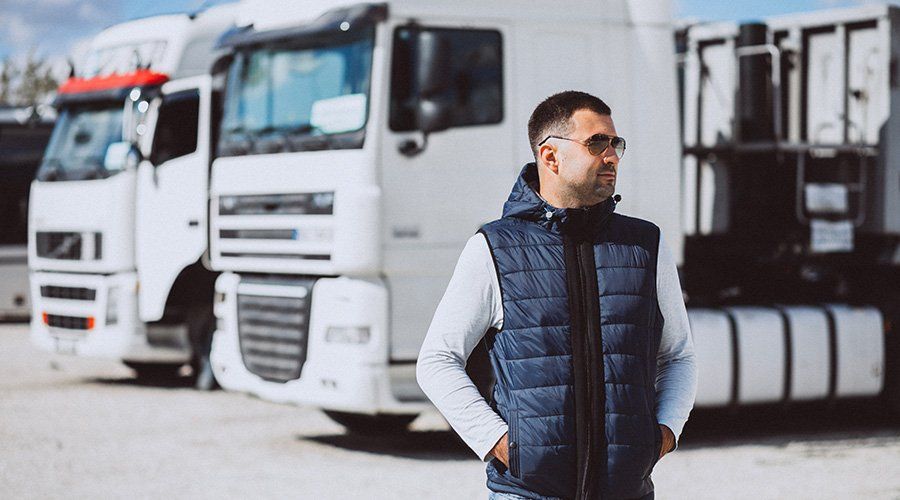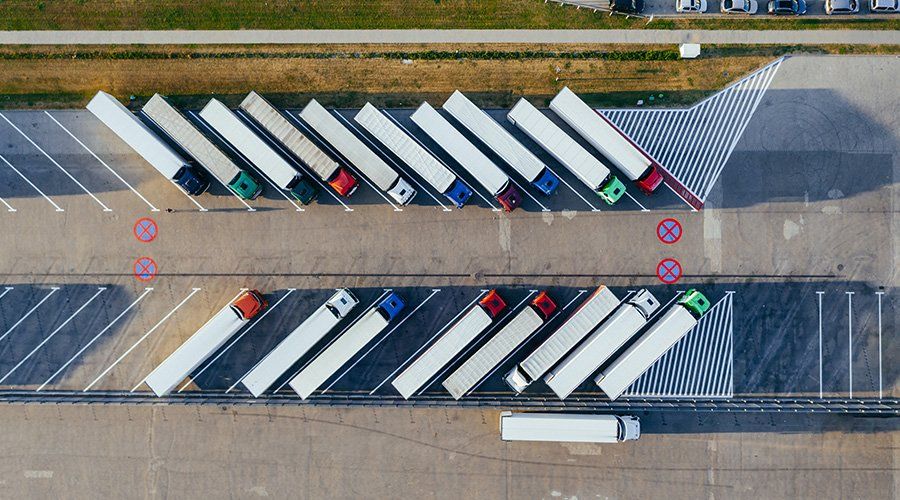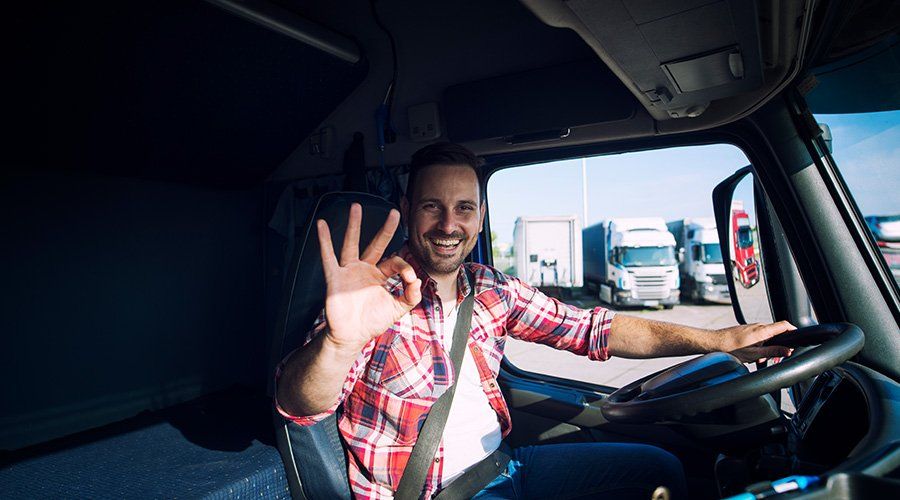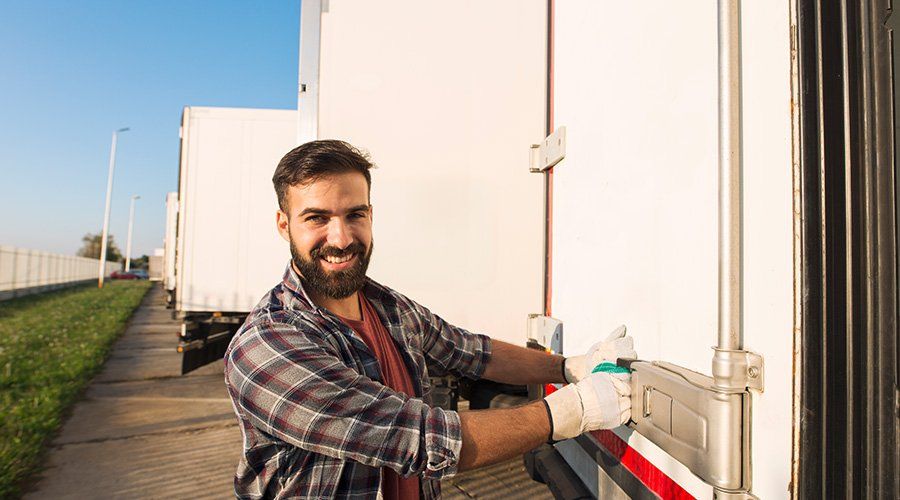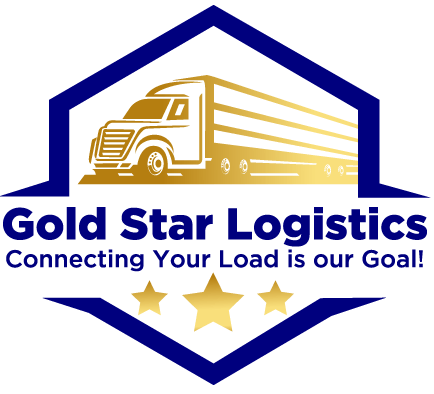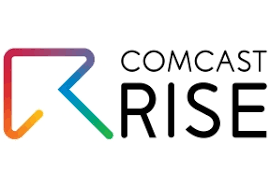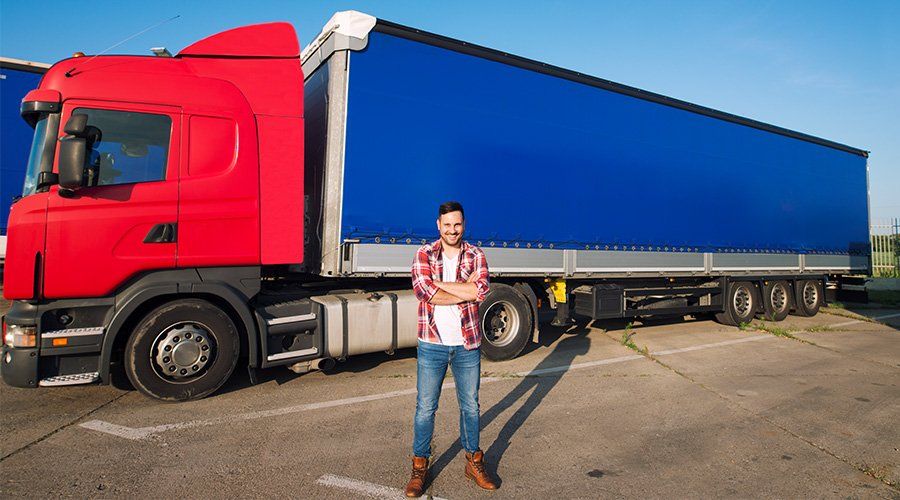
The trucking industry landscape is largely made up of small businesses—with over 90% of companies operating fewer than seven trucks—so there is room for you if you’re considering starting a small trucking business. Whether you’re a professional truck driver already or you’re just a prospective business owner looking to cash in on the
projected growth in the industry, you can get on the road toward a successful business with our help. What do you need to start your own trucking business? Just a little bit of insight from Gold Star’s experts.
What Do I Need to Start a Trucking Company?
Much like starting any kind of business, starting a small trucking business requires a plan and a series of licenses and permits. Here are the basic steps you’ll want to follow:
- Put together a business plan. Write a business plan that explains what your company is and why you’ll be successful. This is where you specifically outline the problem your business solves, the buyers you will go after, and the advantages of using your company over the competition. With that in mind, you’ll also use your business plan to pin down what the industry looks like right now, how you will work with your target market, and how you plan to fund your new venture. The Small Business Administration is a helpful resource for this step.
- Decide on a business structure. Most trucking businesses will be either a sole proprietorship, a partnership, a limited liability corporation (LLC), or a corporation. Consider meeting with an accountant to make this decision because the benefits and detractors of these business structures vary by state. If you opt for a corporation or LLC, you’ll need to appoint a registered agent to act as your official point of contact for the secretary of state, and you will need to obtain an employer identification number (EIN) in order to open a bank account and file taxes
- Obtain necessary licenses and permits. There are tens of thousands of filing requirements depending on where you are in the country. Where you’re located and what services you provide will impact what licenses and permits are required for your business. To start, you will likely need, at least, a commercial driver’s license (CDL), a USDOT Number, a Motor Carrier Operating Authority (MC number), and (if you’re providing service across multiple states) International Registration Plan (IRP) credentials and an International Fuel Tax Agreement (IFTA) decal.
- Select the right insurance. All businesses come with liability, and starting a small trucking business is no different. Though the FMSCA only requires $750,000 in primary liability coverage, you’ll find that most shippers and brokers will require at least $1 million. You will also need cargo insurance of about $100,000, physical damage insurance in the event of an accident in which you are not liable, and insurance for non-trucking use in case your truck is involved in an accident during off times.
How Can Gold Star Help Me With Starting a Small Trucking Business?
Starting a small trucking business might seem like a hassle, but at the end of that road is a lucrative business that allows you to work for yourself. To make your trucking business dreams a reality—and to ensure you take all of the proper steps to keep your company in compliance, safe, and set up for success—Gold Star offers consultation service. From full-service business set up to a 90-day coaching program to a 1-hour consultative session, Gold Star’s consulting services meet your every need.
Reach out today and let’s get you on the road.
